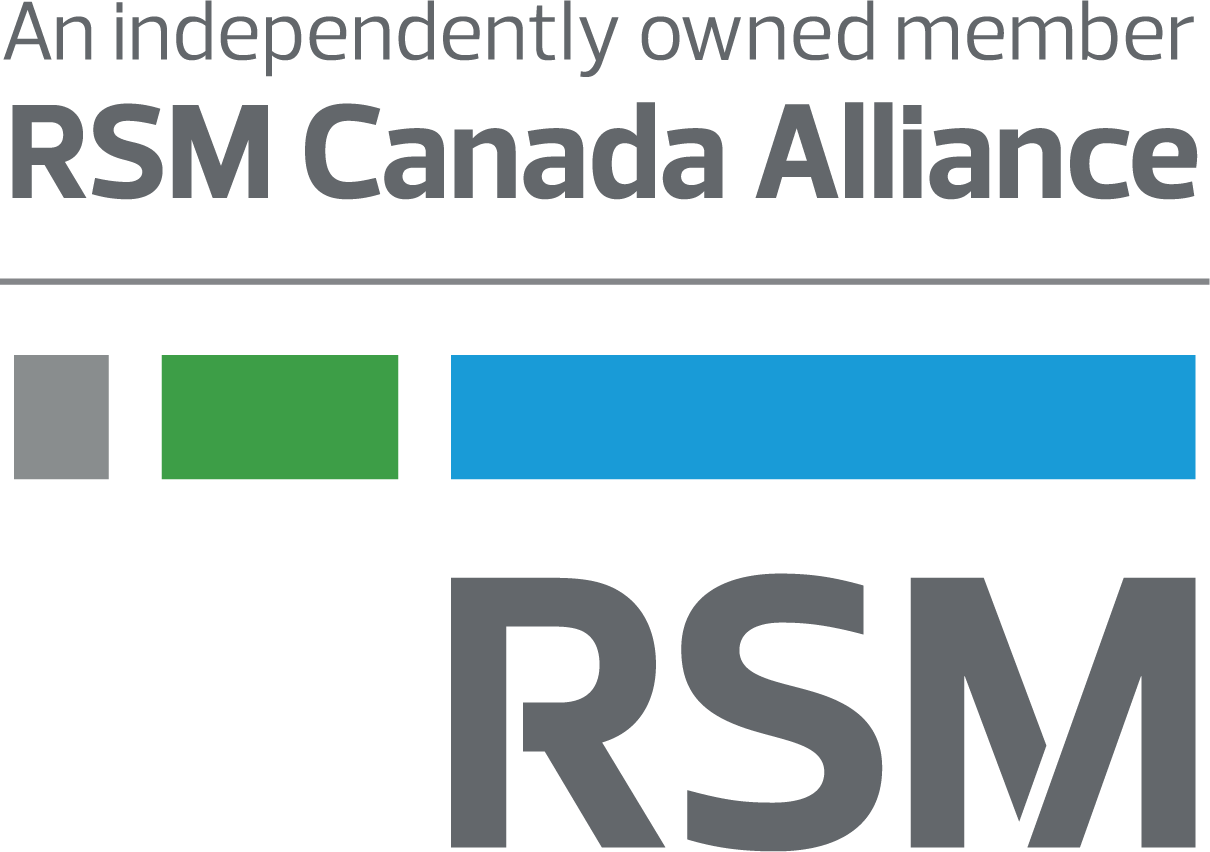
July 5th, 2024
Posted on November 24th, 2023 in Domestic Tax, General Business

On November 21, 2023, the Minister of Finance, Chrystia Freeland, released Canada’s 2023 Fall Economic Statement (2023 Economic Statement). The Economic Statement introduces several new tax measures that focus on Canada’s plan for affordable housing and building a strong economy in the form of clean energy credits and addressing international tax gaps.
The Economic Statement also affirms the government’s intention to proceed with previously announced tax measures, including by providing clarifications to certain priority economic areas.
The 2023 Economic Statement provides further details on the clean hydrogen investment tax credit (Clean Hydrogen ITC), originally proposed in the 2023 Federal Budget (Budget 2023), outlines key design elements of the credit, including eligible projects, credit rates, and carbon intensity measurement. The federal government plans to continue reviewing low-carbon hydrogen production pathways leading up to Budget 2024.
Budget 2023 highlighted that the Clean Hydrogen ITC would provide support for clean ammonia production, offering a 15% credit rate with specific conditions. The 2023 Economic Statement extends eligibility of the credit to property converting clean hydrogen into ammonia, subject to sufficient production capacity, transportation feasibility, and hydrogen sourcing criteria. The 2023 Economic Statement also addresses the conditions necessary for the inclusion of power purchase agreements and similar instruments for calculating project’s carbon intensity (CI). Eligibility is contingent on sourcing electricity from hydro-, solar- or wind-powered generation that:
The Clean Hydrogen ITC’s positive environmental impact aligns with the federal sustainable development strategy, aiming to reduce greenhouse gas emissions by 40% to 45% below 2005 levels by 2030 and achieve net-zero emissions by 2050.
The 2022 Fall Economic Statement introduced a 30% refundable clean technology investment tax credit for eligible taxpayers investing in clean technology property between March 28, 2023, and 2035, subject to a phase-out in 2034. Budget 2023 added a 15% refundable clean electricity investment tax credit for eligible property starting from Budget 2024 until 2034.
Notably, the 2023 Economic Statement extends the eligibility of these tax credits to encompass systems that support the generation of electricity, heat, or a combination thereof, from waste biomass.
The expanded eligibility for the clean technology investment tax credit applies to property acquired on or after the day of the 2023 Economic Statement, as long as it has not been used before acquisition. For the clean electricity investment tax credit, eligibility starts from the Budget 2024 release date and extends to projects that have not commenced construction before March 28, 2023.
In Budget 2023, the government proposed to disallow financial institutions from claiming a deduction for dividends received on shares of other corporations resident in Canada where those shares are mark-to-market property. This measure is intended to better calculate the income of financial institutions from securities consistent with the purpose of the mark-to-market property rules.
The 2023 Economic Statement offers relief from the above amendments by allowing financial institutions to continue to claim the deduction on dividends received on “taxable preferred shares”. Financial institutions will need to review their holdings to fully understand the tax impact of losing this deduction on securities that do not qualify for the exemption.
These changes are proposed to apply to dividends received on or after January 1, 2024.
First introduced in Budget 2022, employee ownership trusts (EOTs) serve as a mechanism to allow employees to purchase a business without requiring them to pay directly to acquire the shares of the business. EOTs also serve as a valuable option for owners planning business succession.
To further incentivize the use of EOTs, the 2023 Economic Statement expands on the proposals contained in Budget 2023. The government proposes to exempt the first $10 million in capital gains realized from the sale of a business to an EOT from taxation. This incentive will apply to the 2024 to 2026 tax years. Details on the exemption will be provided at a future date.
When a taxpayer receives government assistance in the course of earning income from business or property, the amount of assistance may reduce the amount of related expenses, property costs, or may result in a potential inclusion in the taxpayer’s overall income.
Historically, non-forgivable and concessional loans from public authorities were not considered government assistance, until a pivotal 2021 decision by the Tax Court of Canada. This ruling, upheld in 2022 by the Federal Court of Appeal, changed the treatment of concessional loans, considering their full principal amount as government assistance.
Addressing this shift, the 2023 Economic Statement proposes a crucial amendment to the Income Tax Act. The proposed change aims to exclude bona fide concessional loans with reasonable repayment terms from public authorities as government assistance. If enacted, this amendment will take effect on the day of the 2023 Economic Statement, signaling a swift government response to evolving tax law.
The Underused Housing Tax Act (UHTA) requires affected owners of residential property in Canada to file an annual return starting for the 2022 calendar year. Where the residential property is considered vacant or underused, the owner is required to pay an annual federal 1% tax. The implementation of the UHTA has caused significant confusion and most recently necessitated a second administrative extension to the filing and payment deadline regarding the 2022 calendar year. In particular, if affected owners file their returns and pay the underused housing tax for the 2022 calendar year by April 30, 2024 (previously extended to October 31, 2023), the CRA will waive all penalties and interest otherwise applicable.
In light of feedback received on the UHTA, the 2023 Economic Statement proposes several amendments to the legislation. The UHTA was originally positioned in Budget 2021 as a tax on property owned by non-Canadian individuals and entities. Despite this intention, certain Canadian owners of residential property were also required to file returns and potentially pay tax. The amendments proposed in the 2023 Economic Statement will bring the UHTA closer in line with its original objective by expanding the definition of “excluded owner”. Excluded owners are not required to file a UHTA return or pay tax on their property. “Specified Canadian corporations”, partners of “specified Canadian partnerships” and trustees of “specified Canadian trusts” will now be considered excluded owners. The definitions of “specified Canadian partnership” and “specified Canadian trust” will also be expanded. These changes will apply for 2023 and subsequent calendar years.
The other proposed changes to the UHTA are:
The 2023 Economic Statement reiterates Canada’s commitment to international efforts to reform corporate taxation, particularly through the implementation of the OECD/G20 Inclusive Framework on Base Erosion and Profit Shifting (BEPS) Pillar Two, aimed at establishing a global minimum tax rate.
Canada intends to enact the Global Minimum Tax Act (GMTA) to implement Pillar Two of the inclusive framework, with an effective date after December 31, 2023. Pillar Two (and the GMTA by extension) would establish a global minimum tax rate of 15% on the profits of large multinational corporations, regardless of where they maintain tax residency. Tax revenue is projected to exceed $3.1 billion by fiscal year 2029 from the Pillar Two international tax reform.
The 2023 Economic Statement also includes an exemption from the application of the GMTA for income from shipping companies to align with global treatment.
The federal government proposed on September 14, 2023, to remove the goods and services tax (GST) from new purpose-built rental housing construction projects to incentivize the rapid construction of new homes. The federal government has also called on provinces to remove provincial sales taxes on rental property construction. Consistent with the federal government, Ontario plans to offer full HST rebates for long-term rental units, as previously announced in the 2023 Ontario Fall Economic Statement.
In the 2023 Economic Statement, co-operative housing corporations that provide long-term rental accommodation will also be eligible to benefit from the GST exemption, subject to additional conditions. The exemption will not apply to substantial renovations of existing residential properties to prevent the displacement of existing renters.
The GST exemption will apply to construction projects that are initiated between September 14, 2023, and December 31, 2030, and fully completed before 2036.
The Economic Statement outlines the federal government’s proactive measures to address the growing issue of non-compliant short-term rentals in major Canadian cities like Montréal, Toronto, and Vancouver.
The federal government plans to deny income tax deductions for expenses related to earning short-term rental income, including interest expenses, in provinces and municipalities that have prohibited such rentals. This denial of deductions is also extended to cases where short-term rental operators are non-compliant with provincial or municipal licensing, permitting or registration requirements. These measures are set to take effect from January 1, 2024.
Subject to amendments resulting from public consultations and legislative processes, the government intends to proceed with previously announced tax measures. These measures include, but are not limited to:
As some of these measures are slated to come into effect in 2024, middle-market companies should consider proactive changes to ensure readiness for these new measures.
This article was written by Clara Pham, Daniel Mahne, Farryn Cohn, Sigita Bersenas, Cassandra Knapman, Olukayode Akinbosede, Elizabeth Ojesekhoba and originally appeared on 2023-11-21 RSM Canada, and is available online at https://rsmcanada.com/insights/tax-alerts/2023/federal-economic-statement-2023.html.
The information contained herein is general in nature and based on authorities that are subject to change. RSM Canada guarantees neither the accuracy nor completeness of any information and is not responsible for any errors or omissions, or for results obtained by others as a result of reliance upon such information. RSM Canada assumes no obligation to inform the reader of any changes in tax laws or other factors that could affect information contained herein. This publication does not, and is not intended to, provide legal, tax or accounting advice, and readers should consult their tax advisors concerning the application of tax laws to their particular situations. This analysis is not tax advice and is not intended or written to be used, and cannot be used, for purposes of avoiding tax penalties that may be imposed on any taxpayer.
RSM Canada Alliance provides its members with access to resources of RSM Canada Operations ULC, RSM Canada LLP and certain of their affiliates (“RSM Canada”). RSM Canada Alliance member firms are separate and independent businesses and legal entities that are responsible for their own acts and omissions, and each are separate and independent from RSM Canada. RSM Canada LLP is the Canadian member firm of RSM International, a global network of independent audit, tax and consulting firms. Members of RSM Canada Alliance have access to RSM International resources through RSM Canada but are not member firms of RSM International. Visit rsmcanada.com/aboutus for more information regarding RSM Canada and RSM International. The RSM trademark is used under license by RSM Canada. RSM Canada Alliance products and services are proprietary to RSM Canada.
 |
DJB is a proud member of RSM Canada Alliance, a premier affiliation of independent accounting and consulting firms across North America. RSM Canada Alliance provides our firm with access to resources of RSM, the leading provider of audit, tax and consulting services focused on the middle market. RSM Canada LLP is a licensed CPA firm and the Canadian member of RSM International, a global network of independent audit, tax and consulting firms with more than 43,000 people in over 120 countries. Our membership in RSM Canada Alliance has elevated our capabilities in the marketplace, helping to differentiate our firm from the competition while allowing us to maintain our independence and entrepreneurial culture. We have access to a valuable peer network of like-sized firms as well as a broad range of tools, expertise, and technical resources. For more information on how DJB can assist you, please contact us. |
Drop us a line, we look forward to hearing from you.